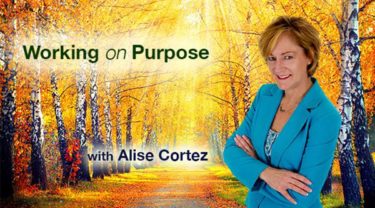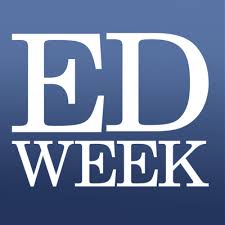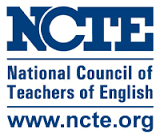We posed a question to David Harrison, why poetry?
Ask a poet, “Why poetry?” the response may be a surprised look, the sort you’d expect if you’d asked, “Why do you breathe?” Perhaps it’s better to ask, “Why poets?” Who are these passionately dedicated people who throw themselves into the slow, tedious business of making poems? Good poetry is hard to write, selling poetry is next to impossible, and poets rarely make much money. So why poetry, why poets, and why should you care?
I can’t speak for other poets (although I bet they’d all answer in much the same way), but I love the challenge of beginning with an idea and facing all those decisions that must be made before I wind up with a finished poem. In music, the same notes in different combinations produce jazz, Dixieland, blues, marches, and symphonic works. In poetry, the same words in different combinations produce a marvelous variety of verse. Most days I work twelve hours, much of it writing poetry. I’m a freelance writer. No one is going to pay me if I don’t produce. Few would care or notice if I stopped. I work alone. If I spend hours trying to decide between one rhyme or another, struggling with a stubborn meter, seeking a stronger noun, searching desperately for just the right simile – who cares? Well, first of all, I care. No poet worth his salt is ever going to stop working on a poem until he reads it aloud one more time and loves what he hears.
Ask a teacher who has learned that poetry is one of the best tools in the toolbox for teaching fluency, comprehension, vocabulary, and love of language, “Why poetry?” You might hear, “Couldn’t do without it!” At least I hope that’s what you hear! Teachers who routinely use poetry in their classrooms know that the rhymes and cadences of structured language make it easier to remember than prose and more fun to read repeatedly. Teachers who invite their students to write poems of their own know that children’s poetry offers a wonderful opportunity to share the rich diversity of our people.
But someone else cares too. Ask a third grader who has had positive experiences with poetry at home and/or school, “Why poetry?” You might hear, “I like poems. Sometimes they’re funny and they make me laugh.” What that third grader or first grader or fifth grader doesn’t realize is that poetry’s nuances, metaphors, echoing sounds, song-like qualities, rhymes, and cadences are providing much more than entertainment. Young readers have no idea how hard the poet worked to make them laugh or think or see something in a new light or provide them with examples of language used beautifully. Why should they? It’s their right to read good poems.
Why poetry? Ask a poet or a teacher if you want to. I’m going with the third grader.
© David L. Harrison
![]()













